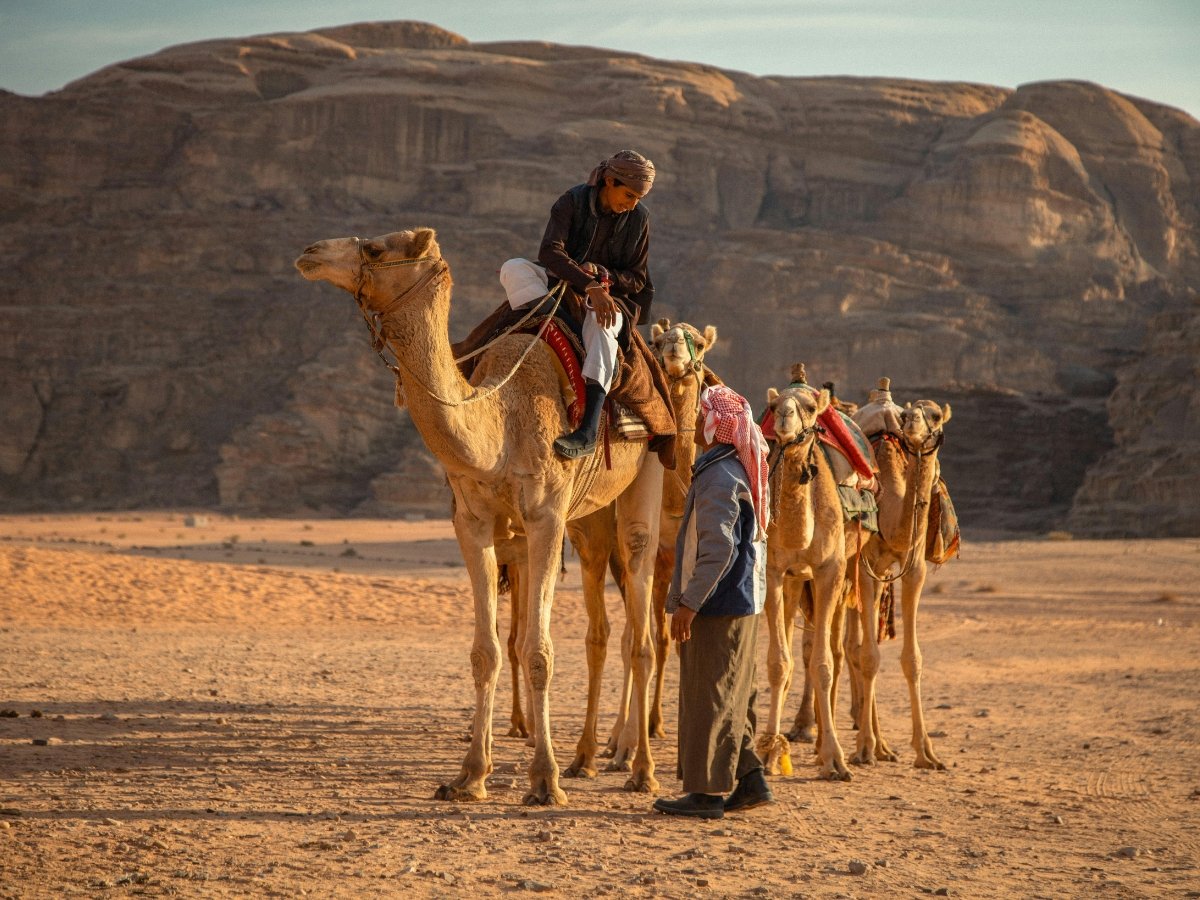
Dubai may be known for its skyscrapers and luxury lifestyle, but at its heart lies something far more ancient — the Bedouin culture of Dubai. Before the rise of modern cities, Bedouins thrived in the harsh desert, adapting through wisdom, simplicity, and deep-rooted traditions. Today, their values continue to shape the UAE’s identity.
This culture is not just a historical footnote. It’s a living, breathing influence you can still see in daily life — from the way Emiratis greet each other, to their food, dress, and even hospitality customs.
The word “Bedouin” comes from the Arabic word ‘badawi’, meaning “desert dweller.” These nomadic tribes lived in tents, traveled with camels, and followed seasonal migration patterns across the Arabian Peninsula.
They weren’t just survivors — they were community builders. Bedouin life revolved around family, tribal loyalty, and strong moral codes. In Dubai, these values are still reflected in the social fabric of Emirati communities.
One of the most admired aspects of Bedouin culture in Dubai is their unmatched hospitality. Guests were — and still are — treated with honor, warmth, and generosity. Serving Arabic coffee (gahwa) with dates is not just a tradition; it’s a symbol of respect.
Even in today’s urbanized Dubai, many families maintain this hospitality at home and in majlis (gathering spaces), especially during festivals like Ramadan and Eid.
Ever noticed the long white robe Emirati men wear? That’s the kandura — a direct nod to Bedouin roots. It keeps the body cool in the desert. Women traditionally wore abayas and veils like the niqab or burqa, often adorned with intricate designs.
These clothes weren’t just about comfort. They were a form of cultural expression, a reflection of tribal identity and modesty — values that remain deeply respected today.
With scarce ingredients in the desert, Bedouins mastered simple yet nourishing meals. Dates, camel milk, rice, and meat formed the core of their diet. Dishes like harees, machboos, and majboos are still favorites in Emirati households and traditional restaurants.
What’s fascinating? These meals aren’t just about eating — they’re about sharing, connecting, and storytelling.
Bedouin culture is rich in storytelling. Oral poetry, known as Nabati poetry, is a treasured art form passed down through generations. It captures everything from love and war to desert life and spiritual devotion.
Music was often accompanied by instruments like the rebab or drums during celebrations. Even today, traditional songs and dances like Ayallah are performed at weddings and national events in Dubai.
Despite urbanization, many elements of Bedouin heritage in Dubai remain untouched. Respect for elders, strong family ties, generosity, and deep spirituality continue to influence Emirati norms.
Even the UAE’s leadership often references Bedouin wisdom — a reminder of how this culture is not just in museums, but alive in people’s hearts.
The Bedouin culture of Dubai is far more than a historical tale — it’s a living legacy. From warm hospitality to deep-rooted values, this culture shapes the soul of the UAE. In a city racing toward the future, it’s this timeless desert wisdom that keeps its heart grounded.
“Bedouin” refers to the desert-dwelling tribes who originally inhabited the region and whose values still influence Emirati traditions today.
Yes. While lifestyles have modernized, core Bedouin values like hospitality, family, and respect continue to thrive.
Dishes like harees, machboos, and camel milk-based recipes are considered traditional Bedouin meals.
Nabati is a form of oral poetry used by Bedouins to express emotions, preserve stories, and share tribal wisdom.
Through values, clothing, language, and customs, Bedouin culture deeply shapes the UAE’s national identity.